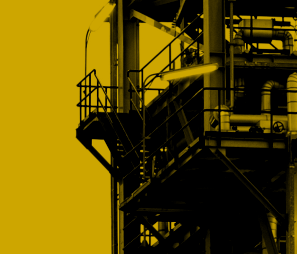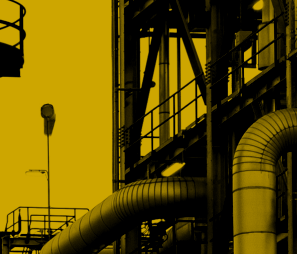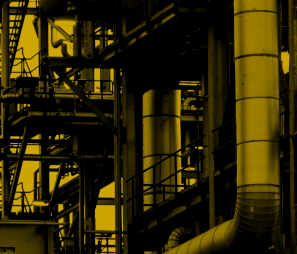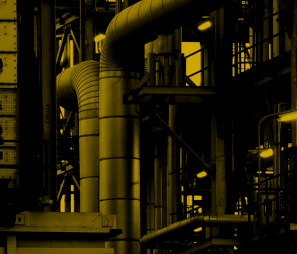Opinion Piece by Nadine Bloxsome- Chief Executive Officer, Aluminium Federation (ALFED)
The recent Importance of Foundational Industries to the UK’s Industrial Strategy Roundtable reinforced a critical message: industries like aluminium, steel, and glass are not merely foundational – they are Future Industries, driving innovation, sustainability, and economic resilience in the UK. Yet, their pivotal role often goes unrecognised, as seen in the Modern Industrial Strategy: Invest 2035 report, where foundational industries were notably absent from the eight identified growth sectors.
At the Aluminium Federation (ALFED), we are not calling for these industries to be retroactively added to the list of growth sectors. Instead, we are advocating for greater awareness of how foundational industries underpin and enable those growth areas, such as advanced manufacturing, clean energy, and transportation. Aluminium, with its unique properties of lightweight strength, durability, and infinite recyclability, is essential to achieving the UK’s net-zero targets and sustaining its global competitiveness.
Shifting the Narrative to Future Industries
The term “foundational industries” often suggests a legacy perception, rooted in traditional manufacturing. We need to shift this narrative to “Future Industries” to better reflect their transformative role in the UK’s economy and sustainability agenda. Aluminium is not just a raw material; it is a strategic enabler of innovation in sectors such as automotive, aerospace, and construction, as well as emerging technologies like hydrogen energy and electrification.
The Case for Aluminium as a Critical Material
ALFED’s responses to the Industrial Strategy and Trade Strategy consultations highlight why aluminium must be recognised as a critical material of the future:
- Supporting UK Growth Areas:
Aluminium’s versatility and sustainability make it indispensable in growth sectors like renewable energy and clean transportation. For example, lightweight aluminium components are driving the development of electric vehicles and solar panel infrastructure, key enablers of a low-carbon economy. - Strengthening Trade Defences:
To ensure a level playing field, ALFED is advocating for robust trade remedies to combat unfair practices such as dumping. Additionally, aligning with the EU’s Carbon Border Adjustment Mechanism (CBAM) will protect domestic producers while incentivising sustainable practices. - Driving Domestic Investment:
The UK currently imports £4 billion worth of aluminium products annually, highlighting the need for increased domestic capacity. ALFED supports initiatives to retain more aluminium scrap within the UK and Europe, fostering a circular economy and reducing emissions. - Energy and Decarbonisation Support:
Energy-intensive industries like aluminium production need stable, affordable energy pricing to remain competitive. ALFED continues to push for reinvestment of carbon revenues into decarbonisation projects, ensuring that aluminium producers can transition to renewable energy without losing their global edge.
Lessons from the Roundtable and a Call to Action
The roundtable also underscored the need for foundational industries to collaborate across sectors. ALFED is calling for the creation of a UK Foundational Industries Forum, where trade bodies like ALFED, UK Steel, Cast Metals Federation and British Glass, to name a few, can work together to amplify their collective voice. This forum would align with government priorities, highlighting shared challenges like energy costs, sustainability goals, and supply chain resilience.
What’s clear is that foundational industries are more than just a “foundation” – they are the lifeblood of the UK’s economic future. By recognising their role as “Future Industries,” we can ensure that aluminium, steel, and glass receive the investment and support needed to drive sustainable growth, support innovation, and meet the Government’s net-zero ambitions.
Rethinking the Industrial Strategy
The UK Government’s Modern Industrial Strategy is an opportunity to embrace this vision. Policymakers must better articulate how foundational industries support the identified growth sectors and integrate this understanding into long-term strategies. Rather than focusing solely on primary growth areas, the strategy must reflect the interconnected ecosystem of industries that make them possible.
The aluminium industry stands ready to lead this evolution. By recognising aluminium as a critical material of the future and shifting the narrative to reflect its transformative role, we can secure its place as a cornerstone of the UK’s industrial and environmental success.
ALFED is committed to ensuring that the Government, industry stakeholders, and the wider public understand the unique contribution of aluminium. Together, we can shape a strategy that doesn’t just support foundational industries but redefines them as Future Industries – a vital force for innovation and progress in the UK.
To find out more about ALFED, please visit: www.alfed.org.uk.

Manufacturing & Engineering Magazine | The Home of Manufacturing Industry News















